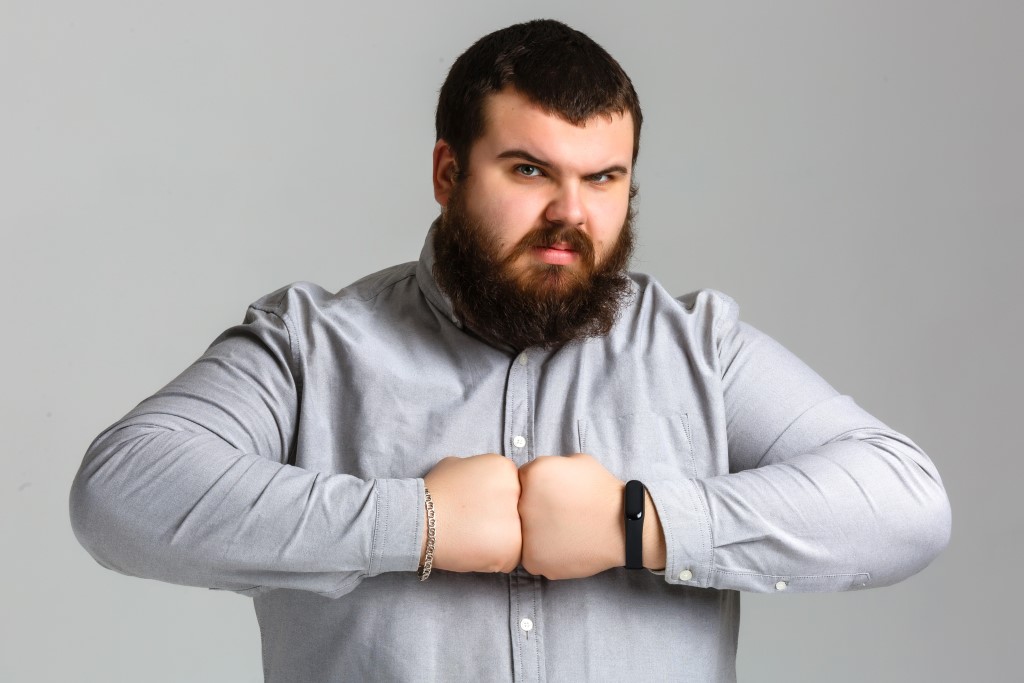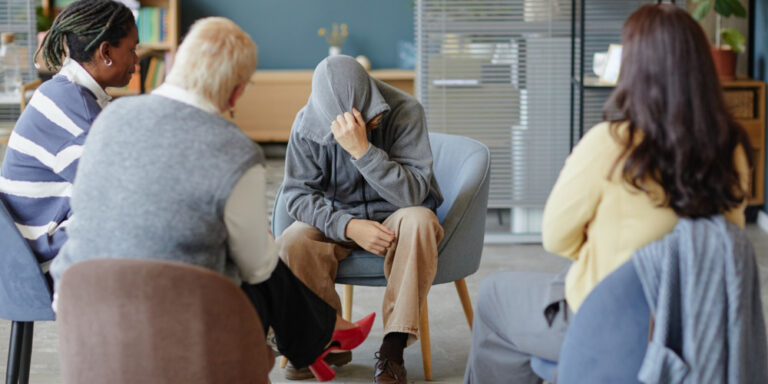When you think about addictions that have a significant economic and social cost, your mind might not immediately land on sex addiction. Yet, this is an addiction that can be as financially draining and socially isolating as any substance abuse issue. In South Africa, where resources for mental health and addiction treatment are already stretched thin, the uncomfortable reality of sex addiction can’t be ignored.
Let’s delve into some little-known facts about this addiction. Contrary to popular belief, sex addiction isn’t about having a high libido; it’s about an obsessive focus on sexual acts or fantasies to the detriment of other areas of life. And here’s the kicker: its treatment often necessitates a multi-disciplinary approach, involving not just medical treatment but also psychological counselling and sometimes even legal advice. In a country where the average citizen often can’t afford even basic healthcare, the cost of such comprehensive treatment is prohibitive for most, leaving you with limited options.
You might also be unaware of how sex addiction can fuel other economic drains, like the spread of sexually transmitted infections or the breakdown of family units, both of which require further medical and social intervention. This has a ripple effect on already strained public resources, affecting everyone in the community.
So what does this mean for you and your loved ones who might be facing this issue?
Awareness is the First Step to Recovery
When facing sex addiction, either within yourself or a loved one, being aware of the nature and implications of the condition is the first line of defense. Knowing that sex addiction is complex and often misunderstood can be empowering, allowing you to approach the issue with a nuanced view. This isn’t just about seeking medical advice; it’s about navigating a labyrinth of psychological, emotional, and sometimes legal obstacles. In South Africa, where the conversation about addiction is often steeped in stigma and misinformation, your informed perspective can be a beacon for others still lost in ignorance.
The Social Costs of Shame and Isolation
If you’re struggling with sex addiction, the social repercussions are almost as severe as the economic ones. There’s a taboo around the issue, leading to shame and isolation, which can make it even harder to seek help. These emotional barriers often stop you and your loved ones from discussing the issue openly, creating a veil of secrecy that further entrenches the problem. Let’s not forget that mental health issues, including addictions, thrive in isolation. Recognize the weight of the social costs involved, both for you as an individual and for your community. Your willingness to break the silence can be the catalyst for changing the narrative around sex addiction, at least in your circle of influence.
The Need for Affordable, Evidence-Based Treatment
Given the limited resources allocated for healthcare in South Africa, it’s vital to prioritize cost-effective, evidence-based treatment options. As someone possibly in need of treatment, you should push for therapies and interventions that have shown real, measurable success. Cognitive Behavioral Therapy, pharmacotherapy, and psychoeducation are some evidence-based approaches that have demonstrated effectiveness. For your family, there might be options for group therapy or couples counseling to address the relational aspects of the addiction.
With the limited funding for addiction treatment, it’s all too easy to end up in a facility that’s more interested in profit than in genuine care. This makes it even more critical for you to do your research, scrutinize available options, and possibly campaign for more funding towards proven treatment modalities. Your voice can resonate with policy-makers who hold the purse strings and decide where to allocate the limited healthcare budget.
Here’s the chilling reality: The uncomfortable topic of sex addiction may be easier to ignore than to address. But turning a blind eye won’t make it go away; it will only deepen the social and economic scars it leaves in its wake. Your decision to acknowledge and confront this issue doesn’t just affect you; it impacts an entire community that’s already grappling with multiple health crises. Choose to be part of the solution, not just for your sake, but for the broader good of a society that can’t afford to look away any longer.










